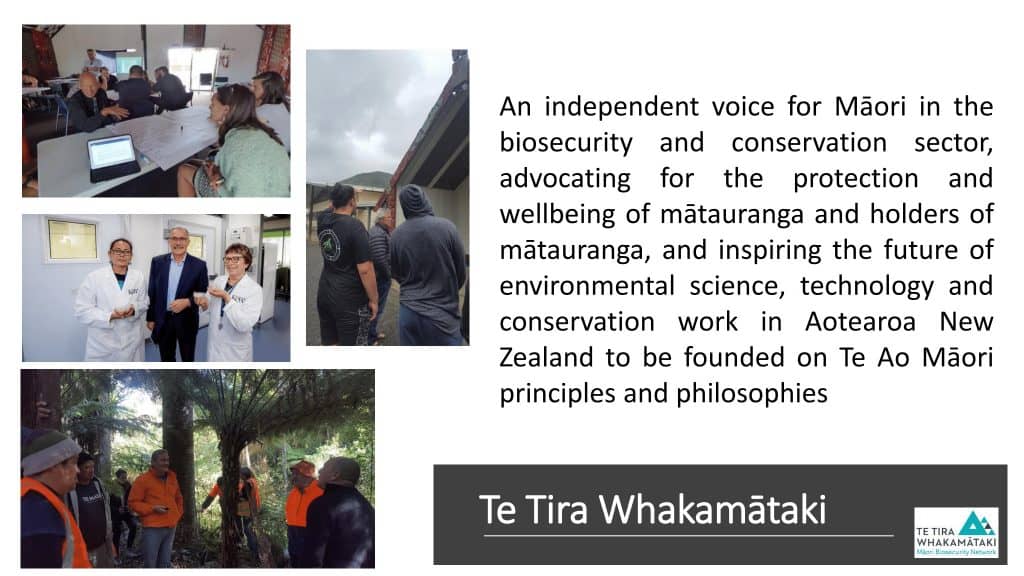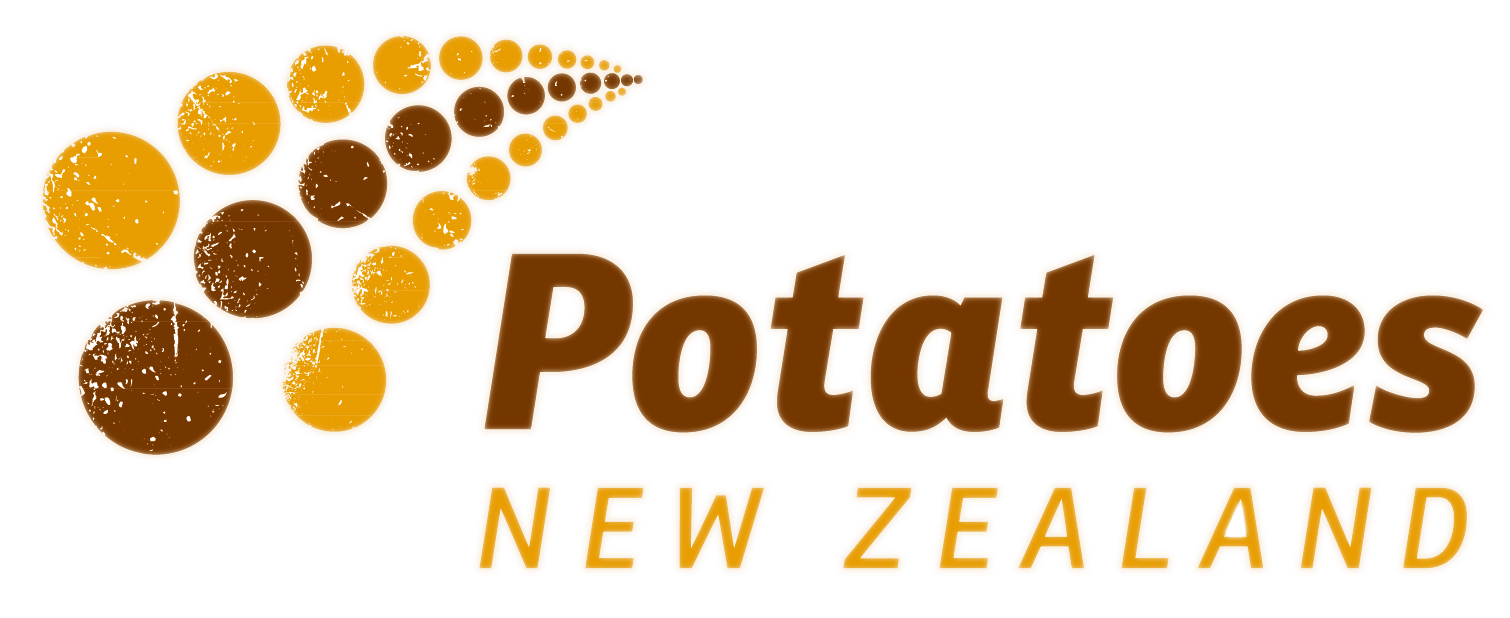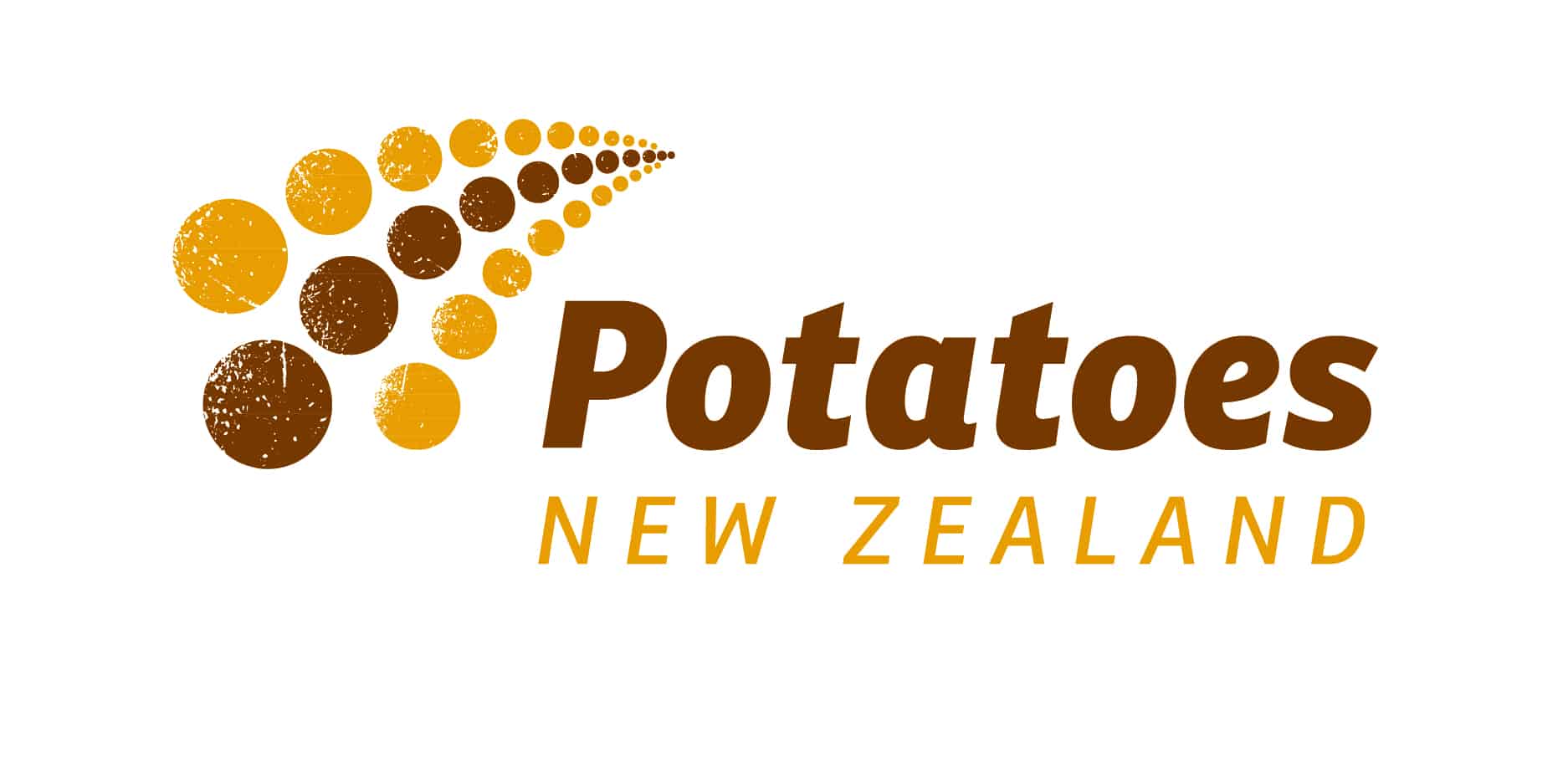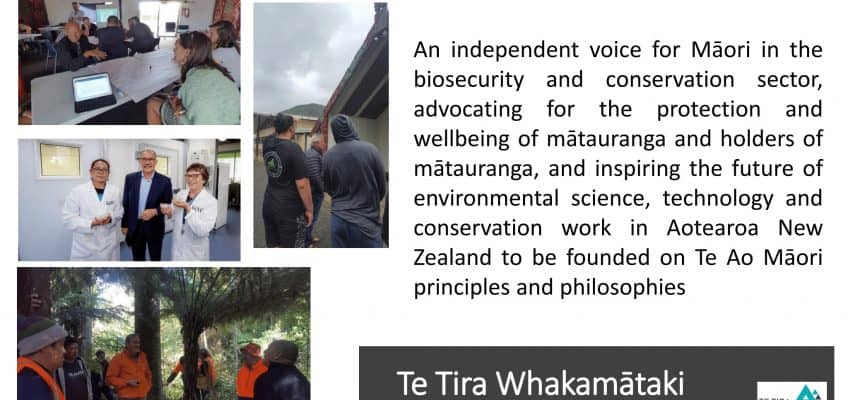Now is the time for inclusion and diversity across all industry and horticulture can lead the way.
This is an abstract written by Melanie Mark-Shadbolt, Ngāti Kahungunu, Ngāti Porou, Te Arawa, Te Āti Awa, Ngāti Raukawa and Ngāti Tūwharetoa.
Melanie is CEO of Te Tira Whakamātaki, the Māori Biosecurity Network and spoke on these key topics at our conference on August 14th 2019.
Indigenous peoples have vast traditional knowledge, which have evolved over a millennium, that are relevant to modern environmental management theories and practices. This knowledge has an important role to play in creating contemporary solutions that may address many urgent and ‘wicked’ issues like the threats to global biodiversity associated with climate change and the transportation of invasive species. However, the role of this knowledge in the conservation of our environment has yet to be fully explored and utilised despite it offering significant opportunities for those states and jurisdictions that are prepared to resource indigenous participation in this increasingly important and dynamic area.
Given that all environmental concerns are, in some way, political-economic concerns, sustainability discourse sees a convergence of state, corporate, and community forces as vital in the ongoing revision of environmental management. In Aotearoa New Zealand there is a growing acknowledgement of the opportunities that indigenous knowledge, known as mātauranga Māori, can contribute to environmental solutions. Some of these efforts have been reflected at the policy and strategy levels and is manifested by an increasing number of science research and environmental management collaborations with Māori.
Industry needs to include indigenous people’s practices, methods and practitioners in modern environmental management work, leaning heavily on the role that mātauranga Māori has played in managing contemporary environmental biosecurity issues here in Aotearoa NZ. This needs to happen despite and because of the wider issues and resistance surrounding the inclusion or exclusion of indigenous peoples and their knowledge in conservation globally.
The authority of Māori to respond to biosecurity incursions has been undermined by state-led approaches to governance and management of natural resources, indicative of a lack of respect for Māori cultural practice and the dishonouring of the nation’s founding document, the Treaty of Waitangi, which guarantees partnership between Māori and the British Crown.
Nowhere has this been more obvious than in the 2017 government-led response to the incursion of Myrtle Rust (austropuccinia psidii), a devastating plant pathogen with a host preference for culturally important plant species in the myrtle family. As part of the government’s response to the myrtle rust outbreak, a seed collection programme was initiated under the Biosecurity Act, an extremely powerful act that allows authorised persons to do anything necessary to eradicate or manage pests or unwanted organisms. However despite numerous calls by Māori for engagement to ensure free, informed, and prior consent around the collection of taonga seeds, there is little evidence that the government agencies sought to engage in any meaningful way with the local Māori communities affected by myrtle rust.
Te Tira Whakamatika uses case studies that document an Indigenous people’s journey to accomplish a partnership with a colonial government and an international conservation programme while facing a biosecurity incursion that threatens plant species of cultural, ecological and economic importance. TTW argue that inclusion in relevant global programmes, and participation in contextualised conservation, is a basic human right that too often indigenous people are denied.
Follow the mahi of TTW here https://ttw.nz/
